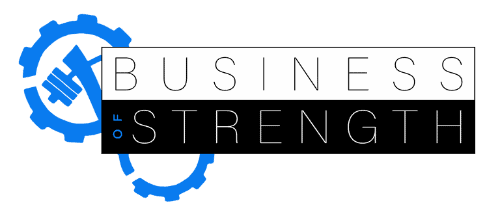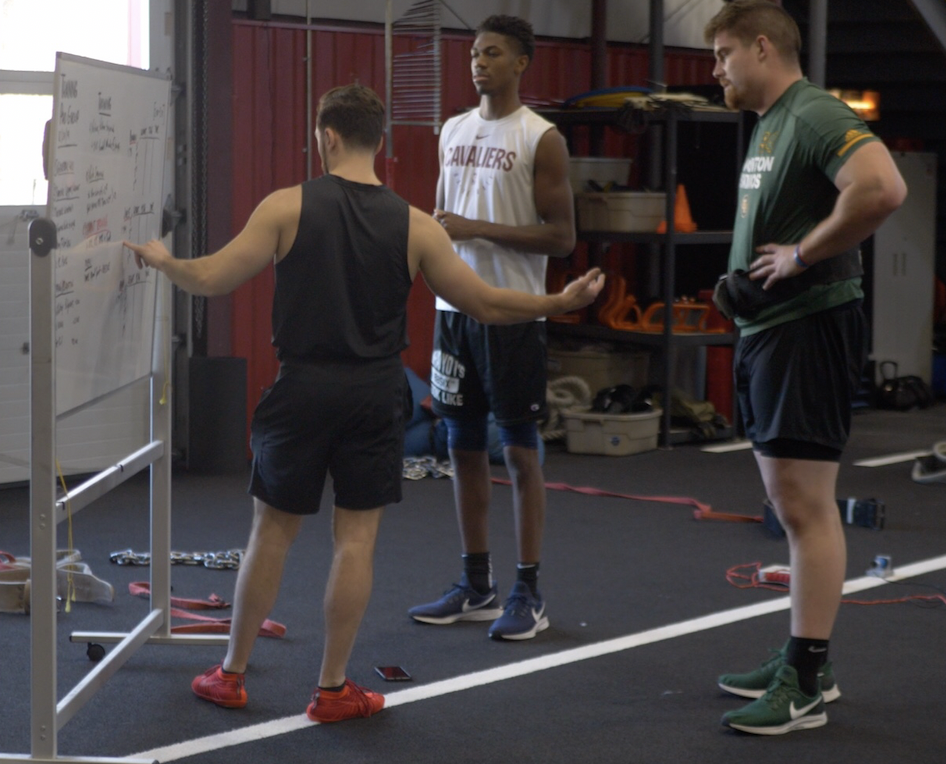What Really Wins in the Realm of Sports Performance
By Adam Menner
I’m sitting in my car waiting for the call. The call that could break or make my career (in my head). I’m reviewing my notes, my gameplan, and making sure everything is going to run smoothly.
I’ve been waiting in my car for about an hour now.
My phone rings, “you’re good, come in.”
I get my stuff and walk into the facility. I greet my buddy, and look past his shoulder, and there he is, an NBA All Star, a champion.
We get introduced, we talk shop for a little bit, and then we get to work.
Everything I had written down – I threw it all out the window!
This “NBA All star” could not perform anything I had prescribed for this particular training session.
As he and I got more comfortable, I proceeded to ask him, “Do you train like this everyday?”
His reply, “Nah this is a little much.”
In my head I’m thinking, “what??”
This elite level athlete trains about as hard as my 13 year old girls basketball group and he’s dropping 30 on dudes.
What gives?
As I continued to work with the athletes at the highest level, what I have been taught, was completely opposite of what I was seeing.
Guys who were some of the best athletes, they were the best athletes on the court. Contrarily, the guys WHO LOVED the weight room, were oftentimes NOT the best athletes on the court.
This concept applied at every level – junior to NBA.
See as kids, adults paint you this picture. This very, very wrong picture. They say, you can be anything you want to be as long as you work super hard.
I remember sitting at basketball camps as a kid and listening to coaches regale us of stories of how if you wanted to “make it” you couldn’t go to the beach with your friends. You weren’t allowed to go to parties or the movies.
“How bad do you want it?”
Look even deeper. Why are CEO’s and high performing executives so successful?
Do they have better genetics than us, better connections, or outwork us?
Michael Jordan drank and smoked before games and partied on the weekends
Meanwhile, you’re working out 5-6 days a week, eating right, tracking calories, and getting 8-10 hours a night.
Something is off.
You put all this pressure on yourself because you wanted it so bad that every play was like life or death.
Every moment of your training and life as “all in.” Both your psychological and physiological inputs into your system control your mind.
These elite level athletes, high performers, and CEO’s have this unique ability that we all possess.
What is it, what’s the secret sauce?
The greatest superpower that we as humans possess, is STRESS.
Stress is the catalyst for all human behavior but those at the highest level channel it better than any of us.
How can anyone stand on a free throw line in front of 20,000 screaming fans and sink two shots like it’s nothing?
How can pitchers stand on the mound in front of 50,000 people and hit a baseball glove at 95mph?
How can a CEO make cut-throat decisions and lead billion dollar companies in their sleep?
What you come to realize is, the more you want to make that free throw, the greater the chance that you will miss it. If you focus so much on getting a hit, you can guarantee that you won’t get that hit. There is no switch.
Studies have shown that individuals who perform at the highest level have higher levels of addiction. This is how these people are. On and off the field. “HOW COULD YOU POSSIBLY SPEND ALL OF THE $50million YOU MADE IN YOUR CAREER?” We ask these questions all the time.
Unlike us regular humans, when we get stressed, it locks us up. It inhibits us from accomplishing our goals.
These high performers have unlimited access to their stress and utilize it to boost performance.
Think of stories of a mother saving her child from a burning car, “lifting the car” up and grabbing her child.
Think of Michael Jordan hearing criticism (psychological stress) and channeling it into a 65 point performance.
How is this possible?
These behaviors, these reference points, they are ingrained into these individuals from a very young age. Jordan’s competitiveness was an addiction, he grew up being extremely competitive with his siblings, he had frequent exposure to HIGH LEVERAGE moments.
How can we as coaches get individuals to utilize their greatest superpower to boost performance?
You must understand the why, the when, and the how to answer these questions.



